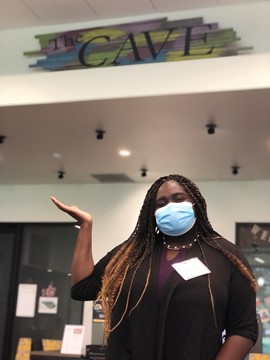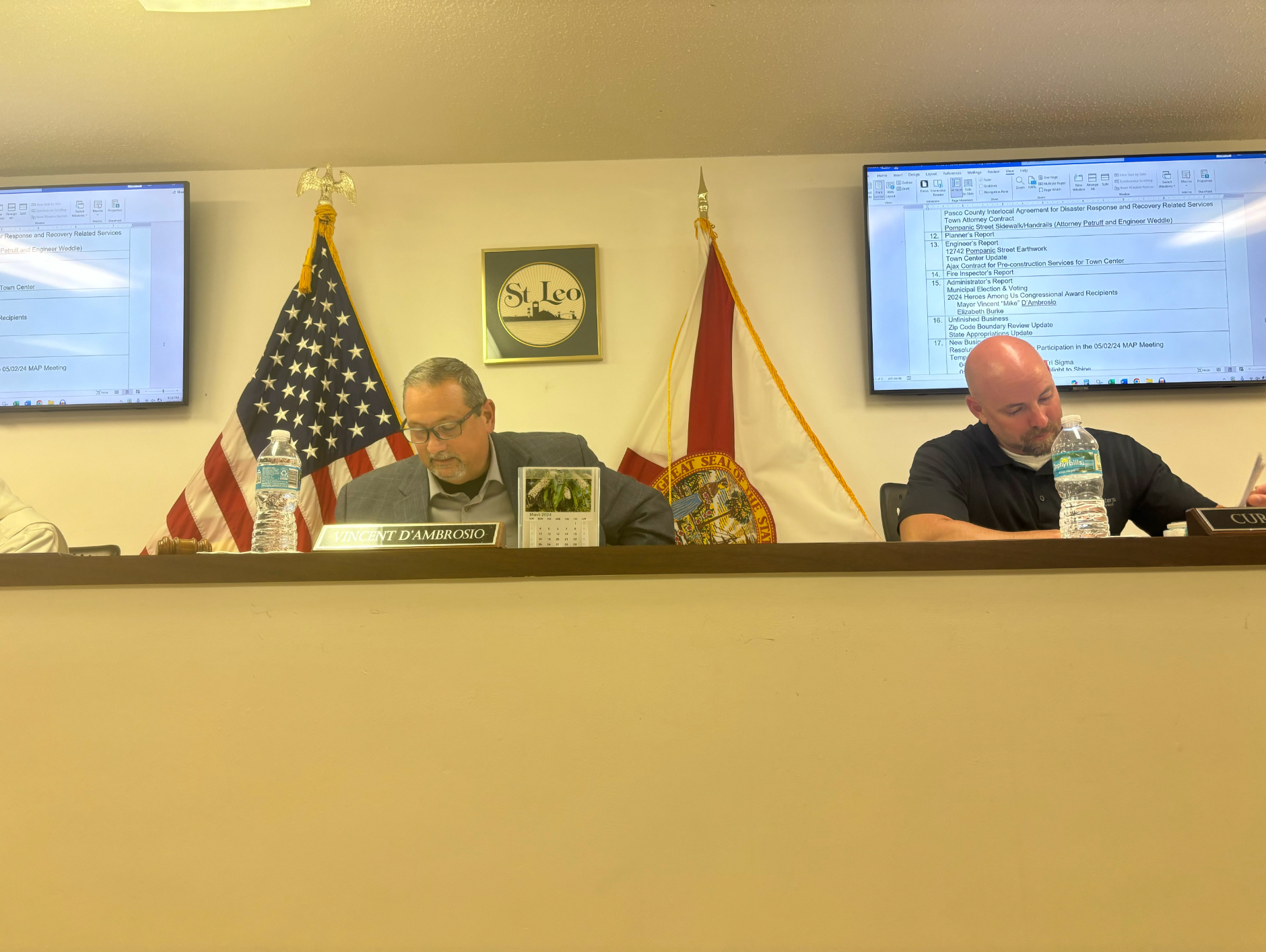By Alyssa Tsang, Contributing Writer
Working on campus is typically the main source of income for international students since immigration law prohibits them from off-campus employment.
This fall semester, the university welcomed international students from more than 50 different countries. International students are only permitted to work on campus—this creates a competitive market for student employment.
“If I want to make additional income, I can only do it by working on campus,” said Arielle Kabangku, a Canadian graduate student working on her MBA.
According to 8 CFR 214.2(f)- Academic and Language Students (9) from the US Immigration and Customs Enforcement (ICE), international students can only work legally on campus in their first year, with no more than 20 hours per week during the school year. The law also states that any job being done should provide a university student service, and non-direct services like construction are forbidden.
On-campus jobs are divided into two categories: Federal Work-Study (FWS) and non-Federal Work-Study (non-FWS). All undergraduate or graduate students who are U.S. citizens or permanent residents may qualify for FWS.
FWS is a program funded by the federal government that allows students to work part-time on campus while completing their studies. Federal funds are limited—the FWS program is based on a first-come, first-serve basis and the evaluation from the FWS office. Students must complete the Free Application for Federal Student Aid (FAFSA) and indicate their eligibility. These students must also meet satisfactory academic progress every year.
With this being said, international students only qualify for non-FWS jobs.
“Non-federal job positions were always at a premium, very competitive,” said Paige Ramsey-Hamacher, the executive director & PDSO/RO for Center for Global Engagement.
Despite the competitiveness, many international students obtain leadership positions.
“I have been amazed to see how many resident assistants and graduate assistants are international students,” said Ramsey-Hamacher. “Those are huge leadership positions.”
Besides being resident assistants and graduate assistants, international students can also work in many other positions to develop their interests and work in different fields, even for first-year students.
“I have been a biology lab assistant, orientation leader and my first job was with the newspaper as a staff writer,” said Shantae Whyte, a Jamaican student who is currently working as a graduate assistant in the Center for Academic Vision & Excellence (CAVE).

The university uses a job search and application system, Workday. All students who are interested in on-campus employment may apply through Workday—regardless of their immigration status.
“There was no difficulty; it was a simple application process,” said Shashi Raj Paspulati, an Indian graduate assistant currently working in the president’s office.
For international students, applying for a job on Workday is the first step of many.
“Be persistent. It is not only about applying to every position that is out there, but rather making sure that you are following up with those departments you applied to,” said Ramsey-Hamacher.
After the interview and getting the position successfully, the student should receive an offer letter from the employer to apply for the social security number. This is needed for all international students for their first time working in the state as a governmental record. Then, they must take the offer letter to the Center for Global Engagement office in the Student Activities Building (SAB), where they will provide the enrollment certification for applying for the social security number.
“Students should bring the immigration paperwork, the two letters and the documentation that they had: I-94 receipt, the passport, the visa and all the I-20s they had previously and currently (as they are heading to the Social Security Office),” said Ramsey-Hamacher.

Due to the pandemic, the process of applying for a social security number has been altered. It is now required that students make an appointment with the Social Security Office by calling the office student who wants to visit. There is an office in Dade City and Tampa. The call sometimes transfers to other offices due to heavy workload, but they will arrange a call back later.
Carol Hope Grant, assistant director and DSO/ARO for International Services, said it is important for an international student to have a U.S. phone number.
“They [the Social Security Office]have to be able to call you back in a U.S. number [for the appointment],” Grant said. She stated that it is a challenge because many global students use free calls on WhatsApp and do not have a U.S. number.
It takes quite a lot of steps, and it might sound daunting for some international students, but many students have no problems.
“I had a very smooth and straightforward job application process,” said Pedro Galvao, a Brazilian graduate assistant at athletic communication. He mentioned that everything is easy to follow through email and Workday.
The university offers valuable resources to international students on how to handle the process. Aside from the Center of Global Engagement office, the university’s career services offers significant help to students by aiding with resume and cover letter writing and interview preparation.
It might seem like a long process, but the good news for students is that the process only happens once. After students obtain their social security card, they will have it for all other job opportunities.




